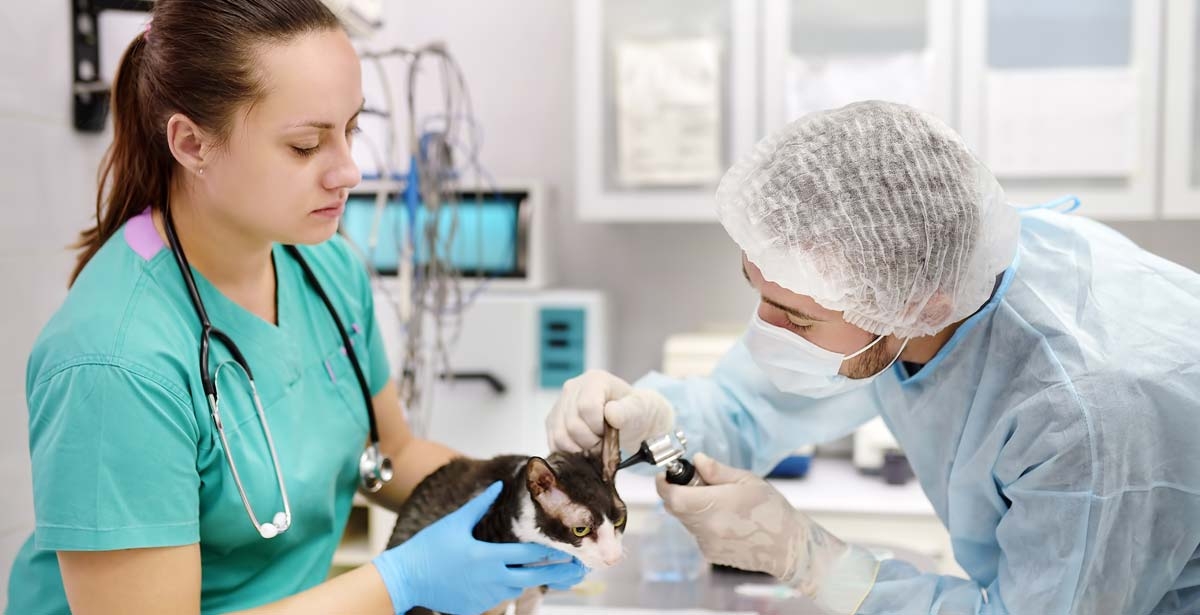
How to Become a Veterinary Technician in Pennsylvania
At YTI Career Institute - York (YTI), students can complete the hybrid Veterinary Technician (vet tech) program in 20 months. Graduates earn an Associate in Specialized Technology degree through a combination of online didactic education and hands-on experience at a local veterinary hospital of their choosing . Possible jobs placements after completion of the program may include research facilities, zoos, pharmaceutical companies, veterinary practices, and more. YTI's vet tech program is also accredited by the American Veterinary Medical Association - Committee on Veterinary Technician Education and Activities (AVMA-CVTEA).
What does it take to become a Veterinary Technician in the state of Pennsylvania? There are certain courses, trainings, and passing grades on exams required to work in the field.
Exam Requirements
Individuals must graduate from an accredited AVMA-CVTEA program and pass the Veterinary Technician National Exam (VTNE).
Experience Requirements
Clinical experience is required for all students in an American Veterinary Medical Association (AVMA)-accredited vet tech program.
Fees
The initial licensing fee is $35, and the biennial renewal of the license is $100.
Continuing Education Requirements (after initial licensure)
16 hours of continuing education is required for each biennial license renewal.
There are courses offered at YTI that can help students in the vet tech program prepare for their career field in Pennsylvania. These include:
Cellular Biology
- Synthesis and function of macromolecules such as DNA, RNA, and proteins
- Control of gene expression
- Membrane and organelle structure and functions
Animal Husbandry and Breeds
- Basic care, management, and handling of common domestic animals
- Various highlighted species
- Animal behavior
Veterinary Parasitology
- Parasite life cycles
- Host infection and pathology
- Prevention and treatment of parasitic infections
Veterinary Diagnostic Imaging
- Basics principles of x-ray production
- Film processing
- Radiographic positioning
Laboratory Animal Science
- Foundation in lab animal medicine and disease
- Animal welfare regulations and ethics issues
- Laboratory animal biology, science, and management
If you're interested in learning more about the Veterinary Technician program at YTI, check out the program description page where you can find more information such as scheduling, tuition price, and more. If you're ready to get started, visit the online application portal to enroll.


